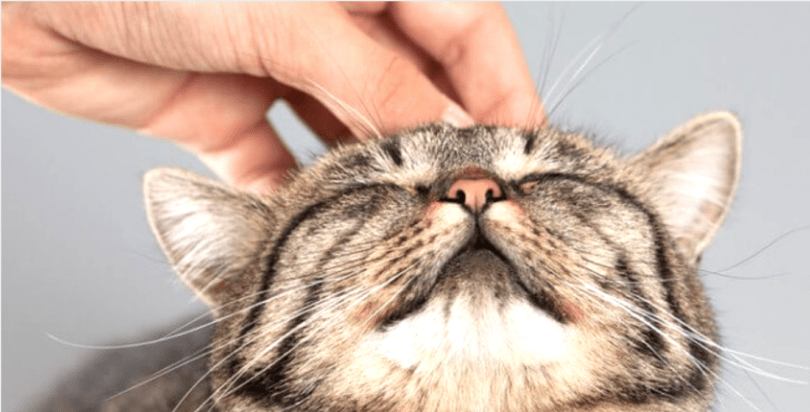Why do Cats Purr?
Purring is the most common sound cats make yet we know less about it than meowing, hissing, chattering and growling. It is easy to assume that a cat only purrs when they are happy but there are in fact many reasons behind why they purr.
How do cats purr?
How cats purr has been debated for many years and still to this day remains a mystery. One theory suggests that purring is created by blood flow turbulence in the chest.
However, a theory that most experts now believe to be the most credible is that purring involves the rapid movement of the muscles of the larynx (voice box), combined with movement of the diaphragm (the muscle at the base of the chest cavity). The muscles move at around 20 to 30 times per second.
Purring occurs during inhalation and exhalation. In some cases, the purr is so quiet and low, you may feel it more than hear it while some cats have extraordinarily loud purrs that can be heard all the way from across the room.
Why do cats purr?
Most people associate cats purring with them feeling content and this is certainly true. When your cat is cuddled up next to you, curled up in the sun, or being stroked, this is when they will be at their most happy and relaxed.
However, you shouldn’t assume that just because they’re purring that they’re in a good mood. Sometimes they purr because they are hungry or they want something. A study carried out at the University of Sussex, England, analyzed the sounds that domestic cats make when they’re hungry and again when food isn’t on their minds and concluded that the purrs don’t sound the same.
The difference between the two sounds being that they combine their normal purr with an unpleasant cry or high pitched sound when they want food. This type of purr is known as the ‘solicitation purr’. Researchers conclude that we’re more likely to respond to this sound thus more likely to feed them.
When kittens are just a few days old, they are known to purr. This is probably a way for them to let their mothers know whether they are okay or not. The act of purring also helps strengthen the bond between them with mama cats using it like a lullaby.
As miraculous as it sounds, purring is also known to have healing properties. Even though purring takes energy, many cats purr when they get hurt or are in pain. Research suggests that purring actually helps speed up the healing process as the low frequency of purrs causes a series of related vibrations within their body that can:
- Heal bones and wounds
- Build muscle and repair tendons
- Ease breathing
- Lessen pain and swelling
It turns out, we also benefit from their purring. The simple act of stroking a cat has been shown to lower blood pressure and stress. The sound of the cat’s purr near us usually makes us feel more relaxed since we associate purring with contentment. We begin stroking the purring cat and that exchange is very comforting.

